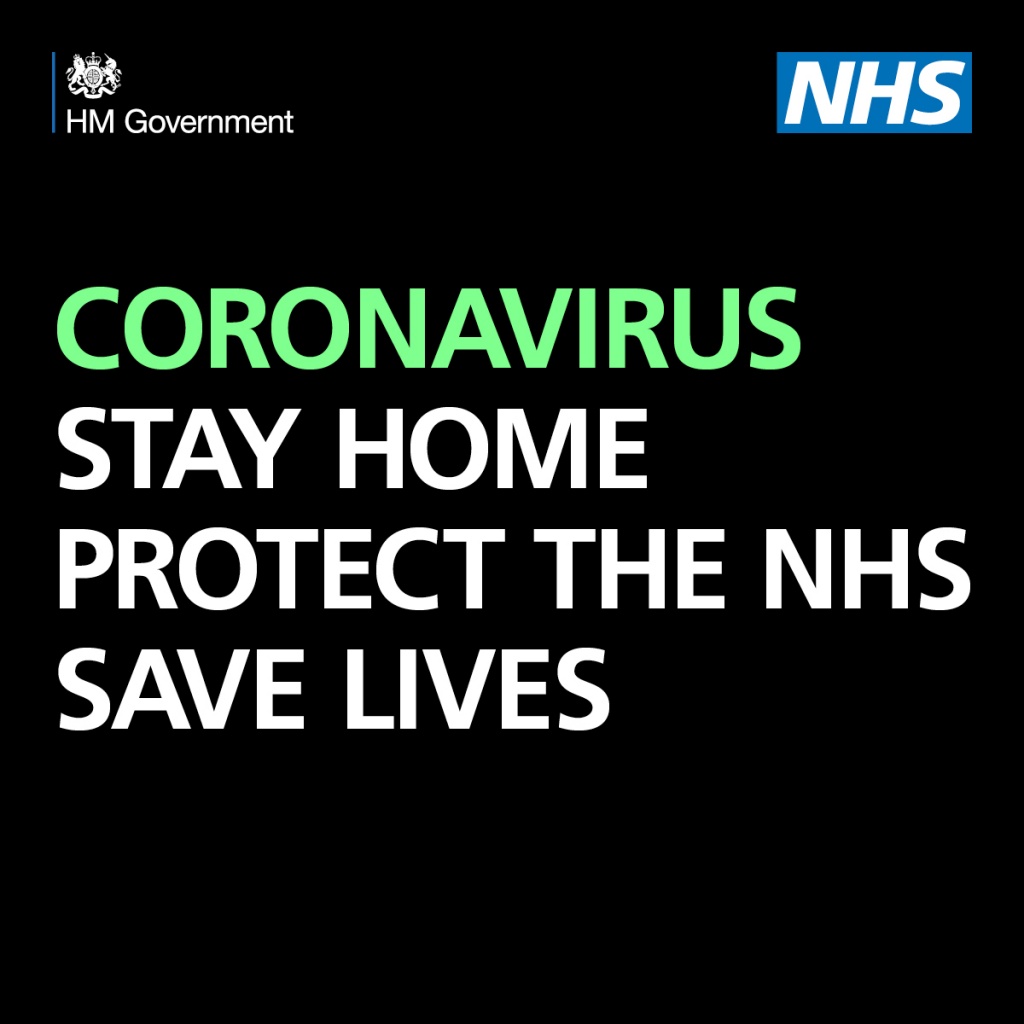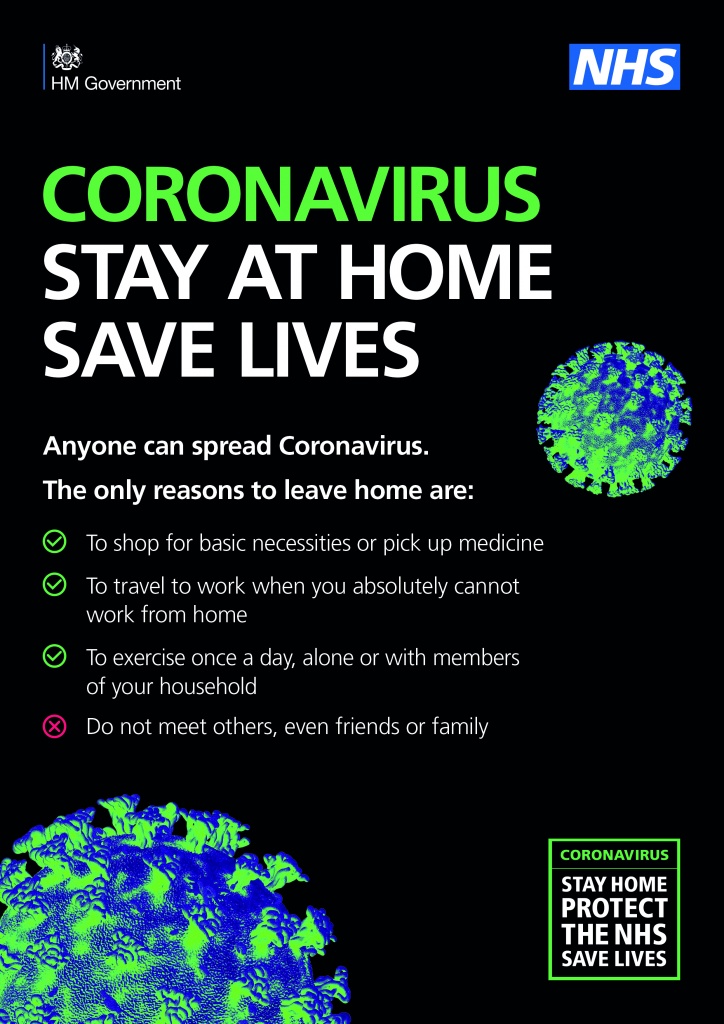
All essential workers with symptoms of coronavirus can now be tested thanks to increase capacity, enabling them return to work if results are negative. This includes council workers such as those working in social care, benefits payments or with vulnerable people.
Local Government Secretary Rt. Hon Robert Jenrick MP has today, 1 May 2020 written to all councils in England thanking them for their efforts in the battle against coronavirus and reminding them of their eligibility for testing.
With substantially increased testing capacity, the government has extended testing to a wider group of essential workers and members of their households.
This means that council workers with symptoms of coronavirus are now able to be tested for the virus, and can return to work if the results are negative.
Those eligible in the local government sector include:
- Social care staff such as social and care workers – with social care workers in care homes able to get tested with or without symptoms
- Those delivering essential public services, such as benefits payments
- Those working with vulnerable children and adults, victims of domestic abuse, homeless people and rough sleepers
Local Government Secretary, Robert Jenrick MP said: The unsung heroes in local government are supporting communities across the country during the pandemic, from helping vulnerable people to ensuring our bins are collected.
We’ve expanded the national testing programme to prioritise essential workers such as council staff who are keeping the country going.
Booking the test has been made easier through a new online system.

Essential workers can book a test if they are experiencing symptoms – a high temperature or new continuous cough – at one of the more than 42 drive-through testing centres across the country, or receive a home testing kit.
Test results from the drive-through sites will be sent out by text within 48 hours and within 72 hours of collection of the home delivery tests.
The aim is that most people should not have to drive for more than 45 minutes to get to a regional testing site. However, additional testing methods are being rolled-out to support testing accessibility:
A network of new mobile testing units is being rapidly established to travel the country to reach care homes, police stations, prisons and other sites where there is demand for testing. The units have been designed to clinical requirements by Army engineers and can be easily set up in under 20 minutes.
A delivery service for home testing kits has been designed with key industry partners, including Royal Mail and Amazon. The availability of home testing kits will initially be limited, but more will become available soon. This will ensure those not able to travel to a test centre can still take the test, find out their results and return to work if possible.
The response to coronavirus is a national effort. The government is working collaboratively across the four nations to ensure the take up of testing among essential workers. Each of the devolved administrations will have their own eligibility criteria and testing priorities, however the government is working closely to align approaches.
We are testing social care workers and residents in care homes (with or without symptoms) both to investigate outbreaks and, following successful pilots, as part of a rolling programme to test all care homes.

Kindly follow us on twitter:@AfricanVoice2










